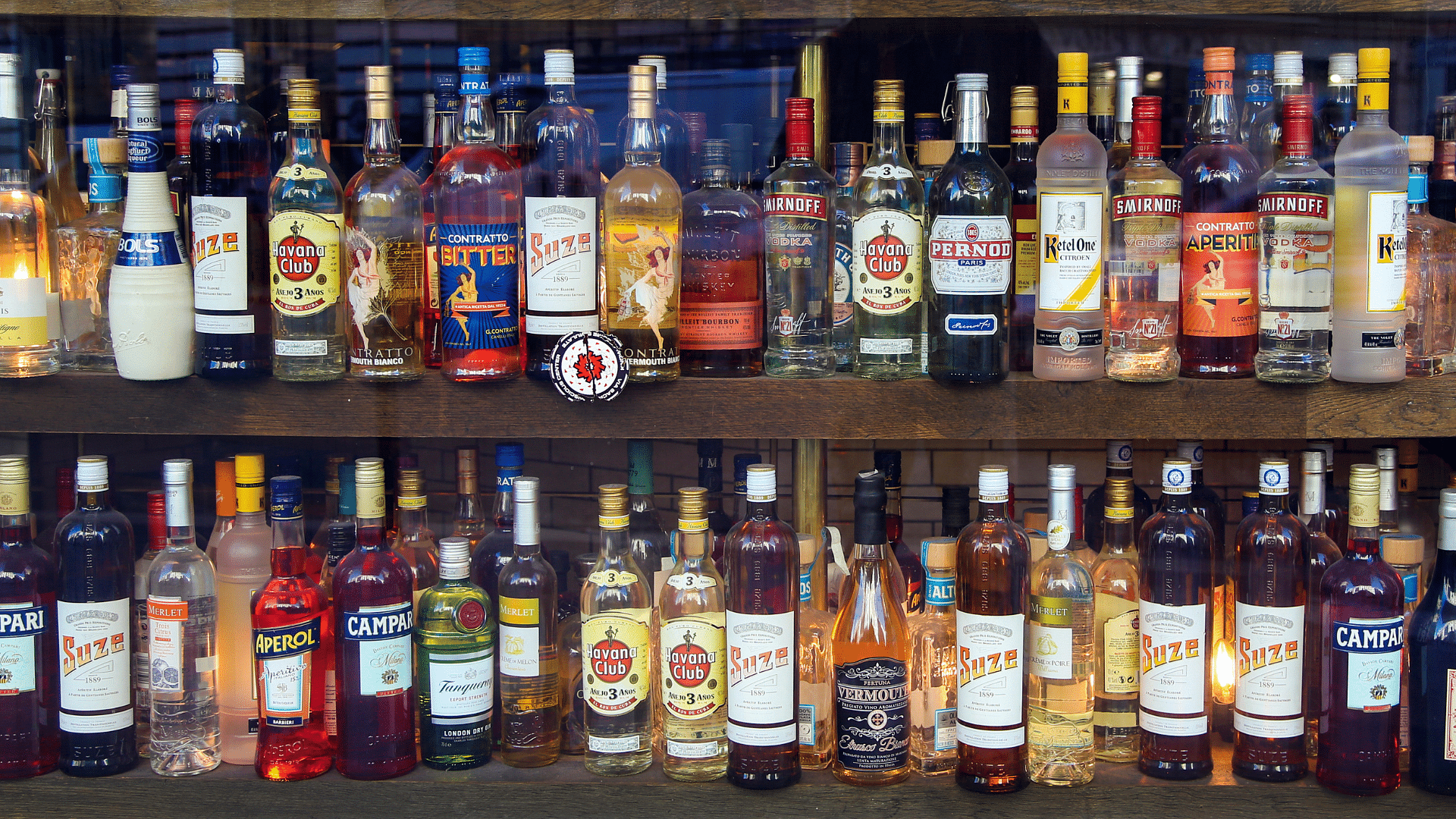Liquor Prohibition in India
India has a long history of alcohol consumption, but in recent years the country has seen a drastic rise in the rate of alcohol-related incidents. This has led to the debate about whether or not liquor should be prohibited in India. The government is considering passing laws that would curb the availability and consumption of alcoholic beverages. At first glance, it would appear that prohibiting liquor could reduce crime and improve public health. However, there are some downsides to this approach as well. In this article, we will explore both sides of this controversial debate to determine whether or not liquor consumption should be prohibited in India.
Liquor consumption in India
Liquor consumption in India is not as common as it is in other countries. In fact, it is estimated that only about 3% of the population consumes alcohol on a regular basis. However, there are some regions of the country where liquor consumption is more prevalent. For example, in the state of Kerala, alcohol consumption is estimated to be around 8%.
There are many reasons why liquor consumption is not as common in India. One reason is that the majority of the population is Hindu, and Hinduism teaches that alcohol should be avoided. Another reason is that India is a developing country, and many people cannot afford to purchase liquor on a regular basis. Additionally, there are large portions of the population who do not drink alcohol for religious reasons.
Despite the fact that liquor consumption is not as common in India as it is in other countries, there are still some negative consequences associated with its use. For example, alcohol abuse can lead to health problems such as liver disease and cancer. Additionally, excessive drinking can lead to accidents and violence. Therefore, it is important for those who do choose to drink alcohol to do so responsibly.
Why is liquor consumption prohibited in India?
Liquor consumption is prohibited in India because it is considered to be against the religious beliefs of the majority of the population. Consumption of liquor is also seen as a social problem, as it can lead to public drunkenness and disorderly behavior. Additionally, there is a concern that alcohol abuse can lead to health problems, such as liver disease and cancer. Some proponents of prohibition argue that banning liquor will help to reduce crime rates and improve public health. However, critics argue that prohibition is ineffective and often leads to more harmful illegal activity.
The pros and cons of liquor prohibition in India
Liquor prohibition has been a contentious issue in India for many years. Some people believe that it is necessary to ban liquor in order to reduce the harmful effects of alcohol abuse, while others argue that prohibition is ineffective and only leads to more problems.
The pros of liquor prohibition include the potential to reduce the incidence of alcohol-related health problems, as well as crimes such as domestic violence and drunk driving. Additionally, prohibition could lead to less social stigma attached to drinking, as well as increased productivity and fewer workplace accidents.
On the other hand, the cons of liquor prohibition include the loss of revenue for state governments, which rely heavily on taxes from alcohol sales. Additionally, prohibition could lead to an increase in illegal alcohol production and consumption, as well as a rise in black market activity. Moreover, some people argue that prohibition violates individual rights and does not address the underlying causes of alcohol abuse.
Conclusion
In conclusion, the consumption of liquor should not be prohibited in India. Although there are a variety of risks associated with alcohol consumption, it is not the government’s role to dictate what individuals can and cannot drink. Instead, education and awareness campaigns should be used to promote responsible drinking and discourage excessive alcohol consumption. Additionally, the government should focus on providing treatment options for alcohol abuse and enforcing existing laws related to drunk driving and public intoxication. By taking these steps, India can reduce the negative effects of alcohol without infringing upon individual rights or harming its economy. It can also have positive effects on individuals and society as a whole. Therefore, instead of complete prohibition, stricter regulations, more education regarding responsible drinking behavior, and better enforcement of existing laws should be adopted to protect citizens from the potential harms caused by excessive alcohol use.





Comments
Post a Comment